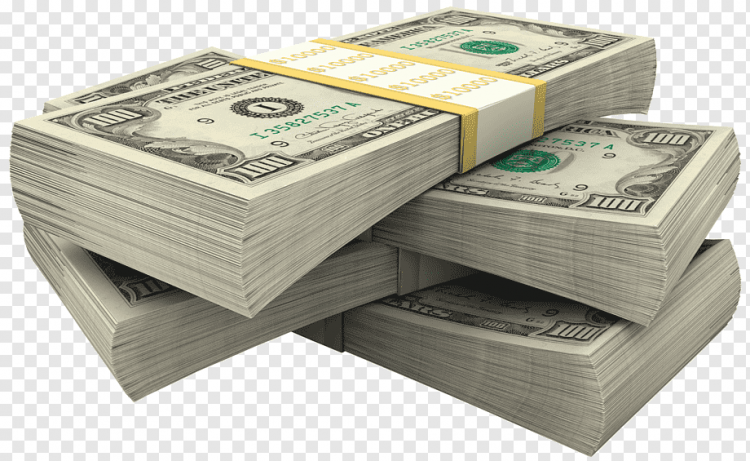The Central Bank of Nigeria (CBN) Governor, Godwin Emefiele has said that foreign investors withdrew over $100 billion from Nigeria and other Emerging Markets (EM) between February and April this year.
Speaking at the Annual Bankers Dinner, organised by the Chartered Institute of Bankers of Nigeria (CIBN) in Lagos, the apex bank boss said the impact of the pandemic and the resulting slowdown in economic activity, led to a significant outflow of funds from emerging market economies.
Emefiele said the funds were subsequently invested in safe haven assets such as US treasury bills and the Japanese Yen. The increase in outflows from emerging markets also led to a corresponding depreciation in the currencies of several emerging market countries such as Brazil (- 27.3 per cent), Turkey(-35.1 per cent), Argentina(-35 per cent), Russia(-20 per cent), Angola(-27 per cent) and South Africa(-9 per cent) year to date.
READ ALSO: Emefiele to present banking industry 2020 scorecard at CIBN bankers dinner
Like other emerging market countries and countries reliant on oil exports, the decline in crude oil earnings as well as the retreat by foreign portfolio investors significantly affected the supply of foreign exchange into Nigeria. In order to adjust for the decrease in supply of foreign exchange, the naira depreciated from N305/$ to N360/$ and subsequently to N380/$.
With the decline in our foreign exchange earnings and successive exchange rate adjustments, the CBN has continued to implement a demand management framework, which is designed to bolster the production of items that can be produced in Nigeria, and aid conservation of our external reserves.
“Due to the unprecedented nature of the shock, we continued to favour a gradual liberalization of the foreign exchange market in order to smoothen exchange rate volatility and mitigate the impact which, rapid changes in the exchange rate could have on key macro-economic variables. This we believe is in line with international best practices in countries where managed float arrangements are in operation,” he said.
He said measures are being taken by the authorities to improve our non-oil exports and other sources of foreign exchange. “These measures have helped to prevent a significant decline in our reserves. Our external reserves currently stand above $35 billion and are sufficient to cover seven months of import of goods and services,” he said.
Emefiele said inflationary pressure persisted during the year due to several factors. In addition to the disruption to global and domestic supply chains as a result of COVID-19, inflation was exacerbated by the increase in Value Added Tax rate, petroleum prices, electricity price adjustments, farmer-herder clashes, exchange rate adjustment, and flooding that occurred in many parts of our farm belt areas. Inflation in October 2020 stood at 14.2 per cent.
“We however expect inflation to begin to moderate by the first half of 2021 as efforts are being made to enable significant cultivation and production of key staple items in the dry season”.
Also, given the impact on COVID-19 on key economic variables earlier mentioned, the fiscal and monetary authorities took unprecedented measures to prevent any long-term damage to the growth prospects of our economy.
“Our first objective was to restore stability to the economy by providing assistance to households and businesses that had been severely affected by the pandemic. In addition, we sought to stimulate economy activity through targeted
interventions in critical sectors such as agriculture, manufacturing, electricity and construction. Cumulatively our intervention efforts represent about 3.5 percent of Nigeria’s GDP.”
Some of these measures we took include:
- A cumulative reduction of the monetary policy rate from 13.5 to 11.5 percent between May and September 2020 in order to spur lending to the economy.
- A 1-year extension of the moratorium on principal repayments for CBN intervention facilities;
- Regulatory Forbearance was granted to banks to restructure loans given to sectors that were severely affected by the pandemic
- Reduction of the interest rate on CBN intervention loans from 9 to 5 percent
- Strengthening of the Loan to Deposit ratio policy, which has resulted in a significant rise in loans provided by financial institutions to banking customers. Total gross credit rose by over 21 percent over the past year, from N15.5 trillion to N19.54 trillion. In addition, over N738 billion has been provided as credit to manufacturing related activities by the banks.
- Creation of N150 billion T argeted Credit Facility (TCF) for affected households and small and medium enterprises through the NIRSAL Microfinance Bank. Already, N149.21 billion has been disbursed to 316,869 beneficiaries. Given the resounding success of this program and its positive impact on output growth, we have decided to double this fund to about N300 billion, so as to accommodate many more beneficiaries and boost consumer expenditure which should positively impact output growth.



